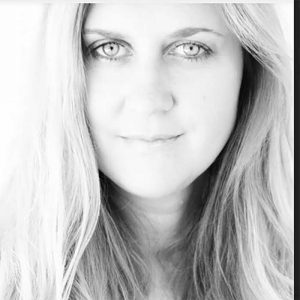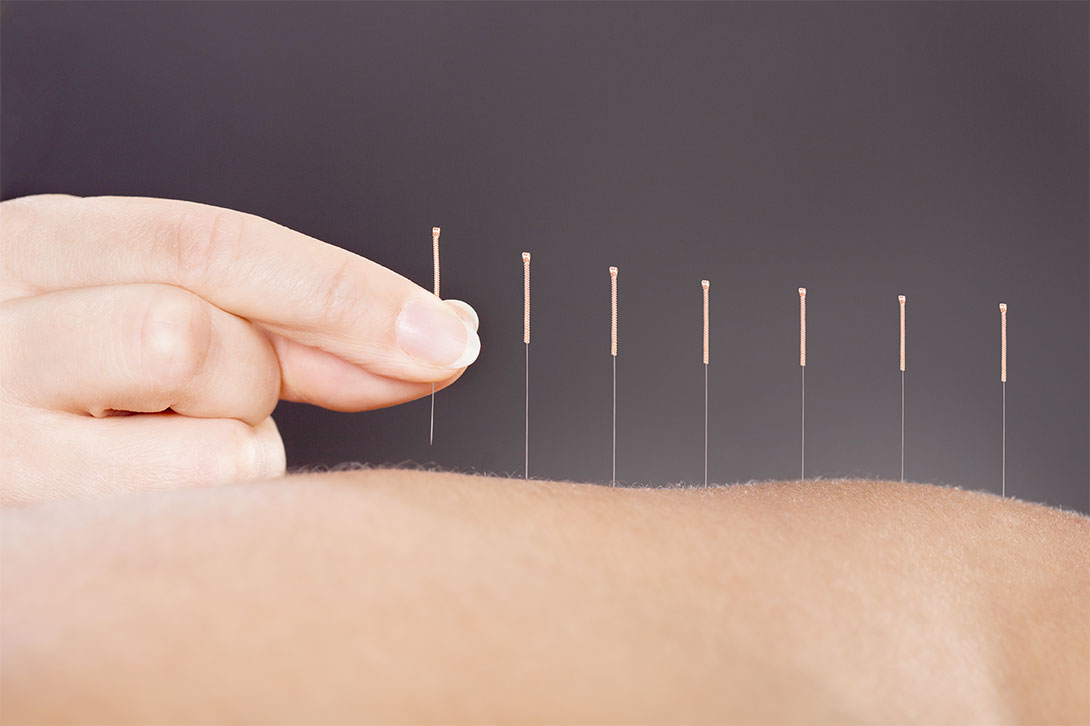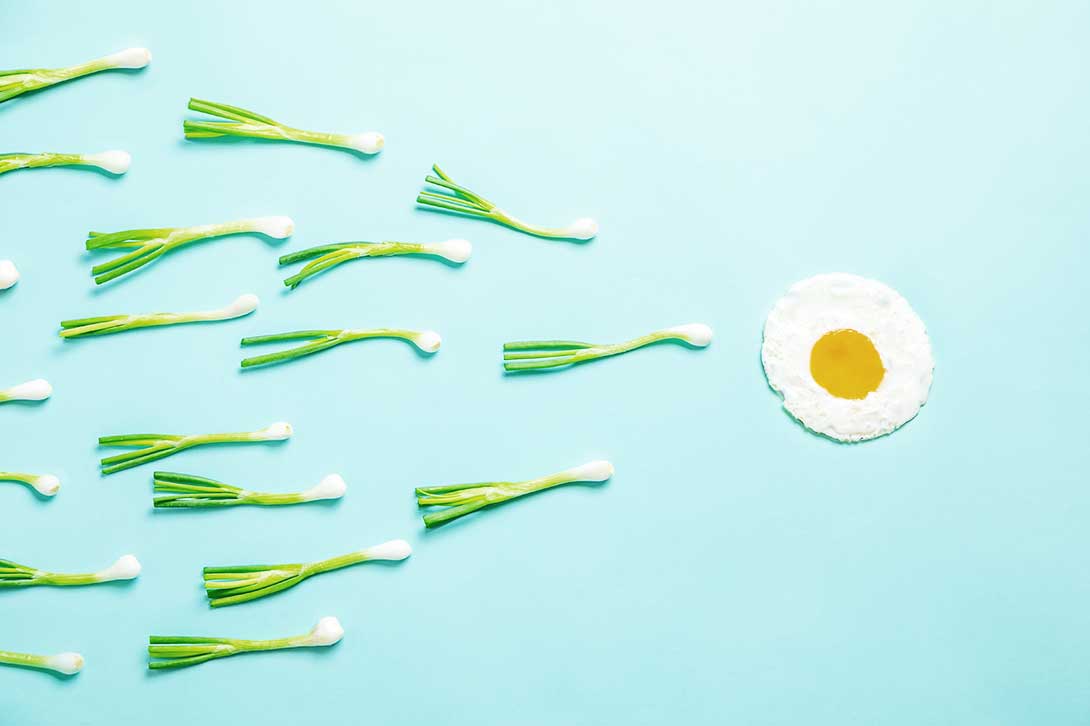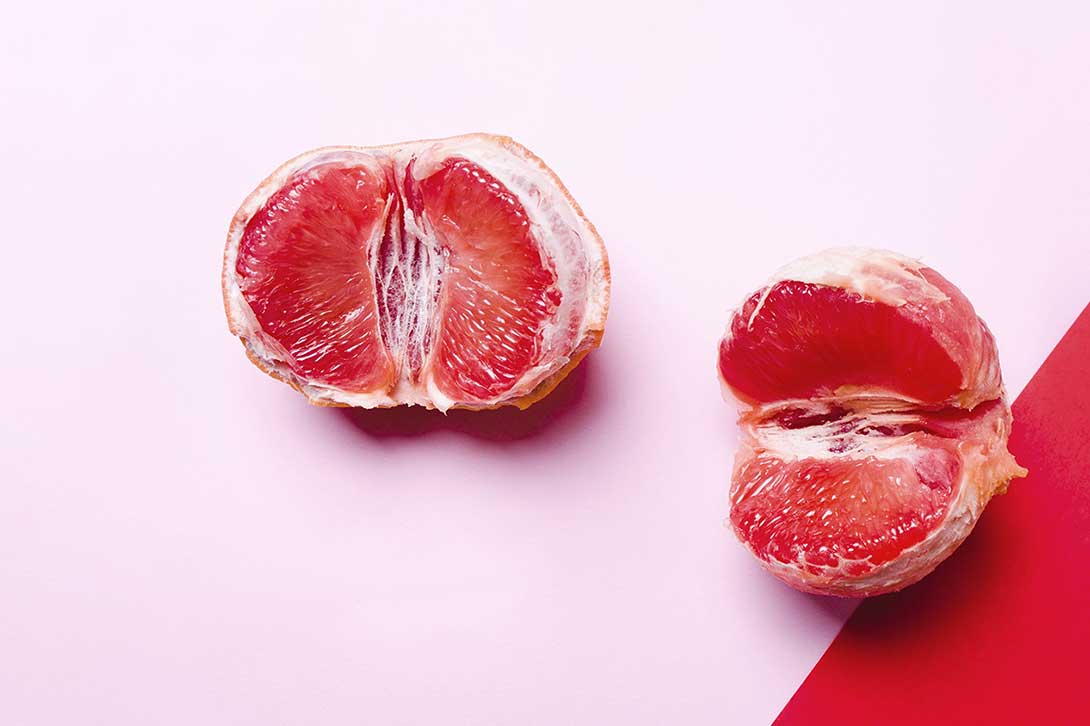iCAN

When to see a fertility specialist
When dealing with a cancer diagnosis, it’s essential to know early that some cancer treatments can not only make it difficult to get pregnant, they may even prevent conception.
Fertility may be the last thing on your mind when you’re first diagnosed, but for some women, it will be a priority. Seeing a fertility specialist before starting cancer treatment can help you explore options and make an informed decision about postponing pregnancy.
Does this even apply to me?
Fertility preservation is a consideration for women whose family plan includes having a child or more children after treatment has finished. Several factors can impact fertility after a cancer diagnosis. These include the type and stage of cancer, age of the patient and type of treatment required. Other factors include the dose, duration and nature of the treatment. Fertility is also affected by the number of eggs in the ovaries at the time of treatment (ovarian reserve).
How does fertility preservation work?
There are ways to preserve a woman’s fertility before cancer treatment begins; in many cases, eggs can be frozen before chemotherapy gets underway. Other options are also available if this can’t be done.
Dr Rachael Rodgers is a Sydney gynaecologist who specialises in the field of fertility and reproductive endocrinology.
“For some patients, we don’t have time to freeze their eggs. We [can] try to protect the patient’s fertility during chemotherapy. We can give them monthly injections to suppress ovarian activity and egg production. After chemo, as soon as we’ve got the opportunity, we’ll go ahead and freeze their eggs for them, if it’s possible,” she explains.
“Also, for some patients, we can operate and take out some ovarian tissue and freeze it. The intention is that when they’re ready to have children in the future, we operate again and return the tissue. If it successfully regrafts, then the patient can potentially ovulate and conceive naturally.”
Why is timing so crucial?
Dr Rodgers says she cannot stress strongly enough how crucial it is to make an appointment with a fertility specialist if you’re planning a family. She also advises making this appointment as soon as possible after a cancer diagnosis.
“The idea is that in many cases, we can do something to help preserve fertility. But even for the patients we can’t help due to the nature of the cancer or urgency of treatment, we can often monitor them and explain everything. That way, we can guide them to the end of treatment with a plan to assess their fertility then. We can still see if there’s anything we can do at that stage,” Dr Rodgers says.
There are also good psychological reasons for seeing a fertility specialist according to Dr Rodgers.
“We want to do everything possible to preserve fertility before cancer treatment, but [even with fertility treatment] it is possible that the patient may still not be able to conceive. If this is the case, at the very least, the patient knows that despite this disappointment, they tried everything possible. So we hope that for them, there can be elements of understanding and peace. If you don’t see a fertility specialist and you don’t explore the possibilities, then you may be left wondering what might have been. Knowing that you have tried to preserve your fertility can have a very powerful psychological impact,” she says.
It’s all happening too fast
Put simply, Dr Rodgers says some women find the whole process of being diagnosed and then faced with a treatment plan so overwhelming because it happens so fast. Yet if there’s an early focus on fertility before treatment begins, Dr Rodgers believes it can often be something positive in an otherwise frightening situation.
“That’s because we’re talking about the future. We’re not talking about chemotherapy and surgery… we’re talking about once you get through this, and women find that quite positive. It gives them hope,” Dr Rodgers says.
Dr Rodgers notes that the concept of fertility for many people is much harder to reckon with than that of a cancer diagnosis.
“They understand that they might not be able to have a baby. I’ve had women say to me, ‘I can deal with all the cancer stuff, but I just can’t cope with the idea that I may never be able to have a child,” she comments.
For many women, even if just one egg is frozen, even where there might not be a huge chance of a future pregnancy, it means that the possibility is still there. And that, says Dr Rodgers, is often the one truly positive symbol of hope that some women have to hold onto.
“If [patients] make moves to preserve their fertility before chemotherapy, they can see that there is a little bit of hope, along the lines of ‘maybe I can be a mother,’ and that can be all it takes to help people get through the treatment,” she notes.
Giving yourself options
The decision is not so much about whether you want to have a baby in the future. It is more about keeping your options open. Fertility preservation, if successful, can give you the power to make such choices in the future. And talking to a fertility specialist means you’re not alone in trying to work out what’s best for you.
Resources
Further Reading
- Dr Rachael Rodgers on the effects of cancer on fertility.
- Read the ASCO special article on fertility preservations guidelines.
- Fertility in females with cancer.
Specialists
- Read more on Dr Rachel Rogers.
Podcasts
- Tune in to the 25 Stay Alive: DAHLIA’S STORY… Cancer, IVF, and Living With a Stoma podcast.
Webinars
- View Pink Hope Aus: Fertility Management for High-Risk Women webinar.
YouTube
- View real-life stories on making informed decisions around fertility protection.
We would love to know any resources you found helpful which we can share to help others. Please get in contact.

















